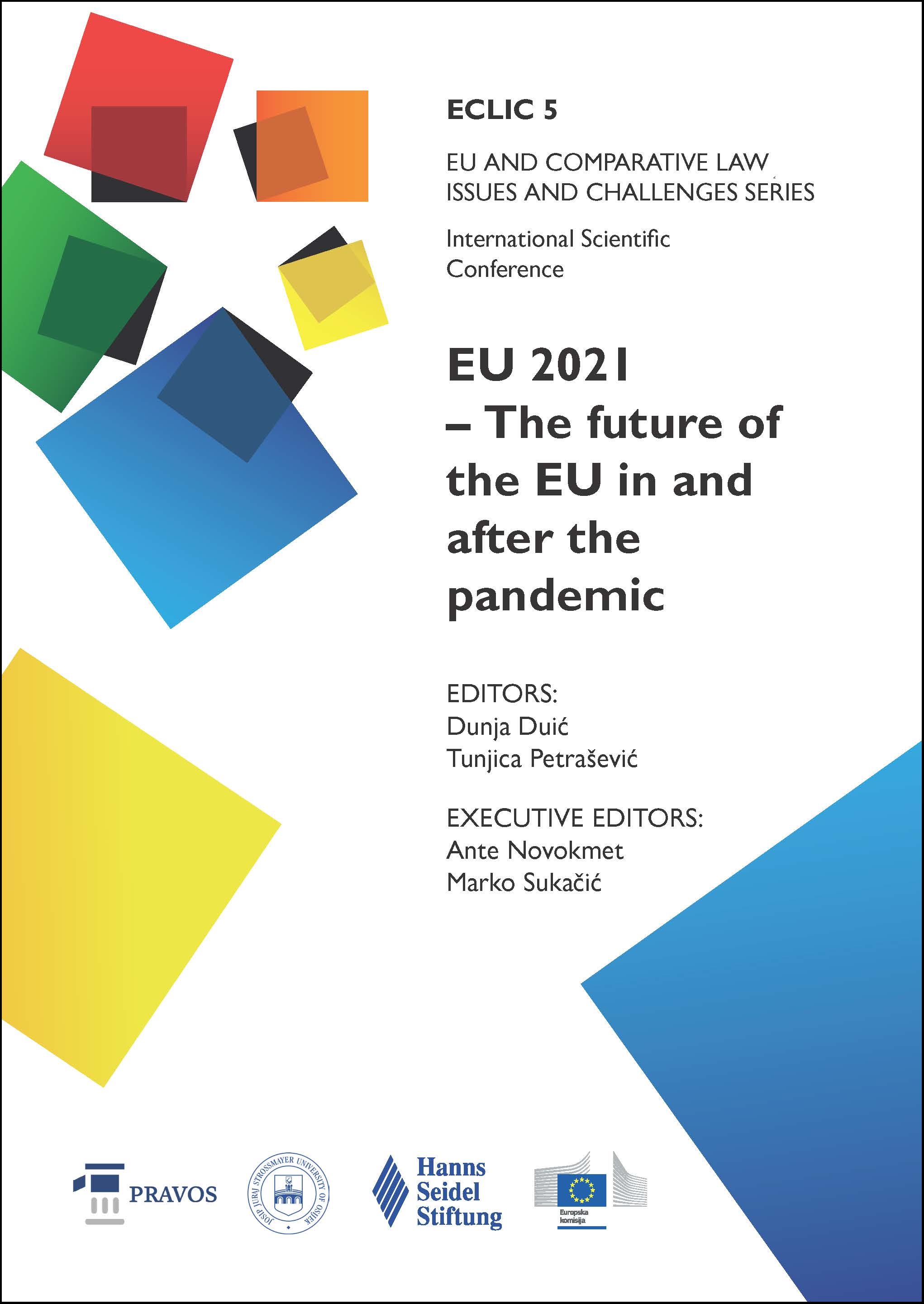IMPACT OF COVID CRISIS ON CHILD’S RIGHT TO EDUCATION
DOI:
https://doi.org/10.25234/eclic/18320Abstract
The right to education is regulated by norms of many international and regional documents. It includes many rights and plays an important role in the "all-round development of man" and its scope: physical, emotional, ethical, aesthetic, intellectual, professional, civic and international. The right to education is not the exclusive right of children. It is first and foremost the right of children and is essential for children's development. Therefore, it is generally accepted that educational opportunities should be equal for children. Unfortunately, the right to education has been severely curtailed in a short period of time due to the COVID -19 pandemic. According to UNESCO, 191 countries have temporarily closed national or local schools to contain the spread of COVID -19. This has resulted in school-age children being unable to receive basic education. This situation is particularly difficult for children from dysfunctional or disadvantaged families. Some families do not have internet, computers or books. Some parents cannot help them with homework because of educational or language limitations. All these unequal educational opportunities limit schooling. On the way to eliminate inequality in access to education and protect children from rights violations, the author will discuss whether Rawls' principle of fairness provides a good basis for the government to take action to eliminate unequal opportunities for education.
Downloads
Published
How to Cite
Issue
Section
License
Copyright (c) 2021 Barbara Preložnjak

This work is licensed under a Creative Commons Attribution-NonCommercial 4.0 International License.
Authors retain the copyright on the papers published in the Journal, but grant the right of first publication to the Journal. Papers accepted for publication or already published in ECLIC of the Faculty of Law in Osijek may be published by the author(s) in other publications only with proper notice of its previous publication in ECLIC.


